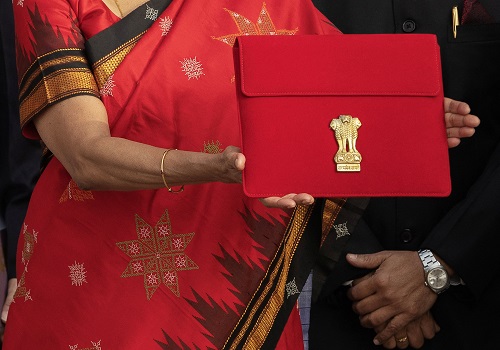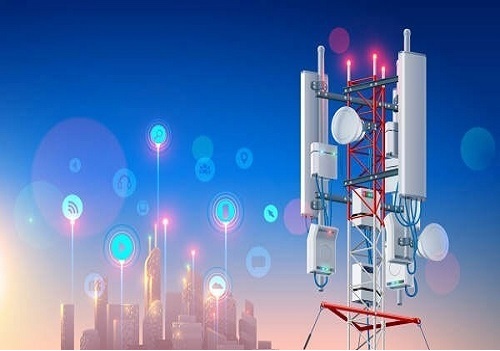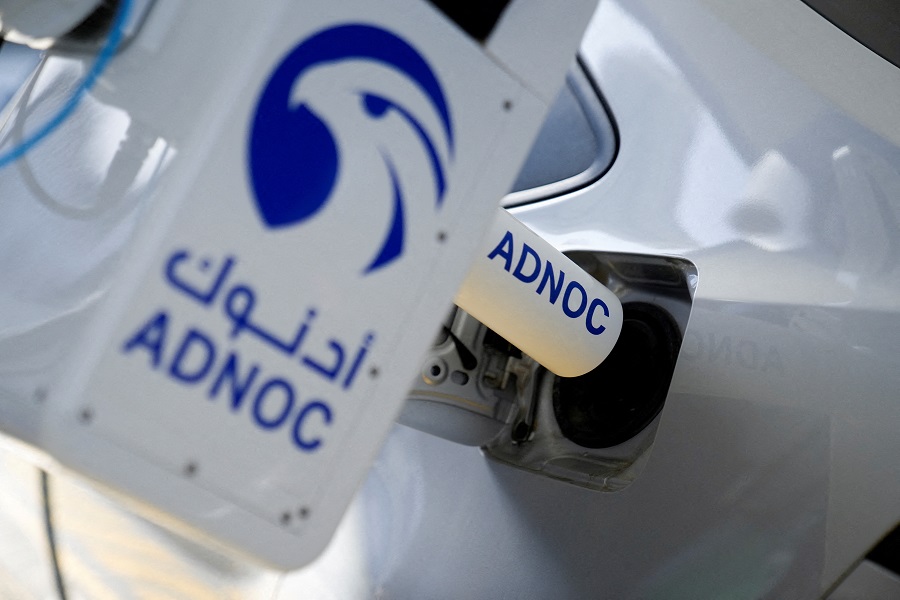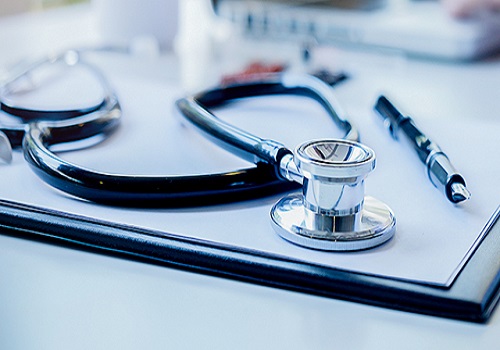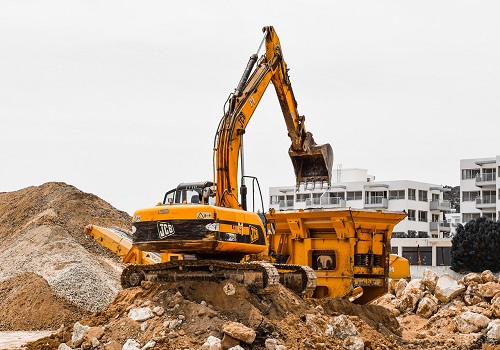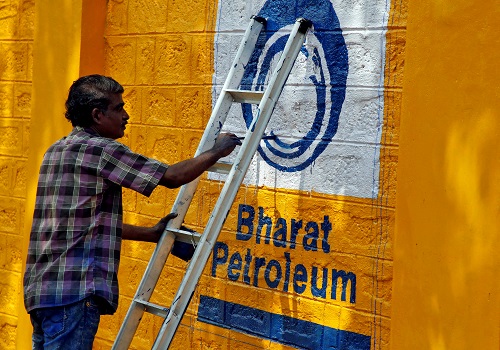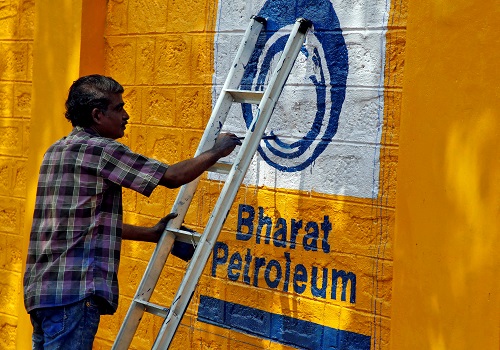India's medical devices industry to grow five-fold to $50 bn by 2030: DCGI

With proper regulation, India's medical devices industry is estimated to grow five-fold to $50 billion by 2030, said Drug Controller General of India (DCGI) Rajeev Singh Raghuvanshi on Thursday.
He was speaking at a conference on the classification of health products organised by the PHD Chamber of Commerce and Industry in the national capital.
The DCGI underlined the benefits of regulation, including quality monitoring and international acceptance, which collectively boost industry growth.
"Regulating an industry provides many advantages, the foremost being quality monitoring and standardisation, which is critical in healthcare as it deals with people's lives. A regulated industry builds international confidence in the products manufactured, boosting growth. Projections indicate that by 2030, the industry could grow to about $50 billion, which is five times its current size," said Raghuvanshi.
He also warned against compromising quality for profitability and highlighted unethical practices, emphasising the need for industry-wide commitment to high ethical and quality standards, given the healthcare sector's critical impact on human lives.
India currently imports 80 per cent of its medical devices, with only 20 per cent domestically manufactured. The government has introduced numerous incentives, schemes, and policy interventions to shift this balance.
Raghuvanshi noted the licensing of over 3,200 manufacturing units and 10,000 import licences within one and a half years, showcasing significant progress.
He stressed the need to reverse the import-manufacture ratio and achieve a net positive trade in medical devices.
"For in vitro devices, we currently have about 280 manufacturing licences and around 900 import licences. Despite manufacturing many in vitro devices domestically, almost 100 per cent of the reagents used are imported. This area holds significant business potential and opportunities," he stated.
Madhur Gupta, Technical Officer at the World Health Organisation (WHO), echoed the need for India to develop in-house reagents for diagnostic kits within the next three to five years.
"This shift would not only reduce costs but also improve access," Gupta said, while calling for a unified approach to strengthen diagnostic schemes in collaboration with states.
The conference attended by more than 100 industry delegates from the healthcare sector also featured a dedicated session on the definition and categorisation of health products, emphasising their roles in preventing disease, promoting health, managing health problems, and providing rehabilitative, assistive, or palliative care.

